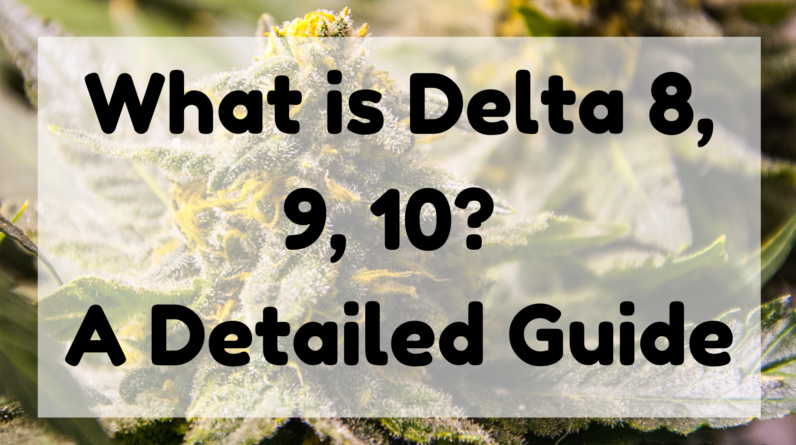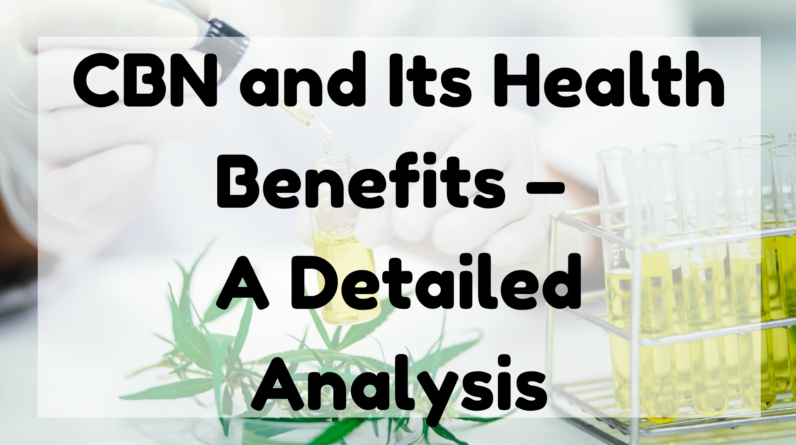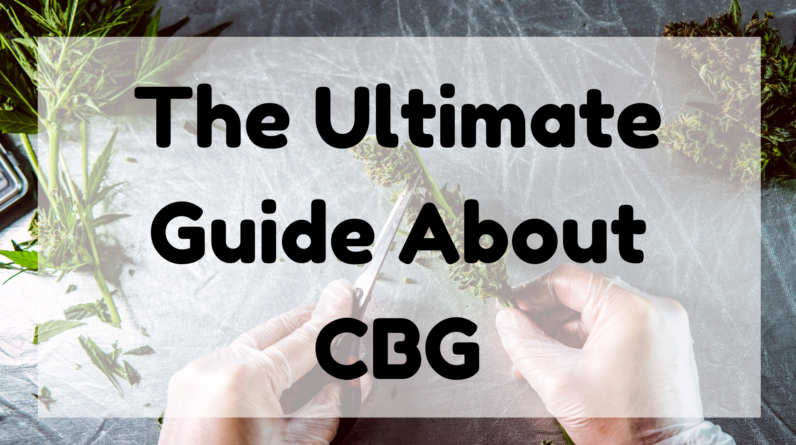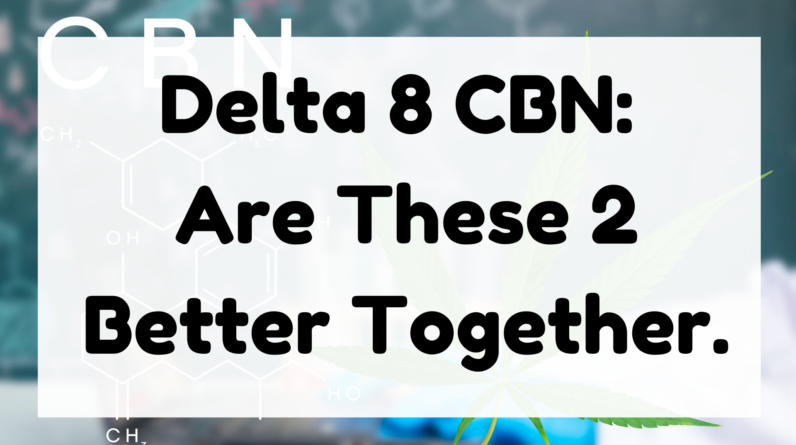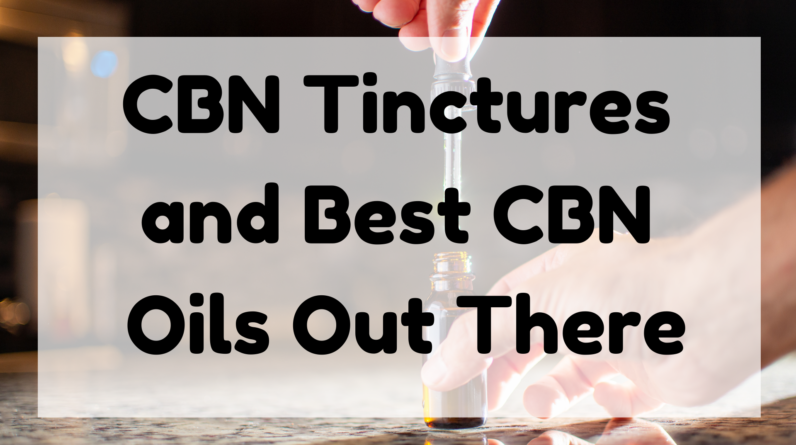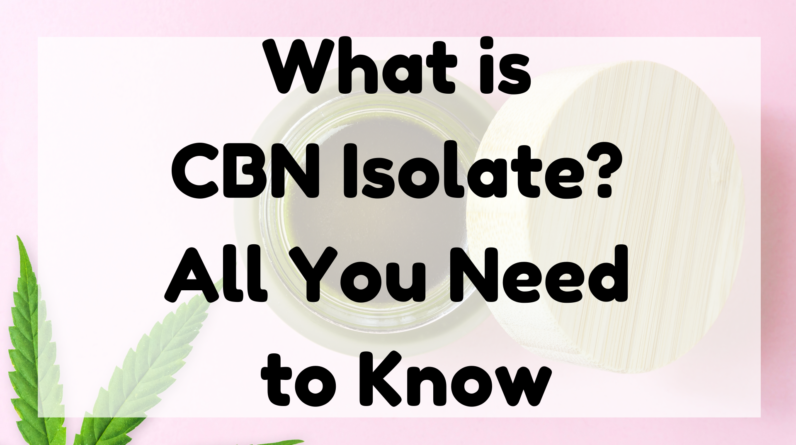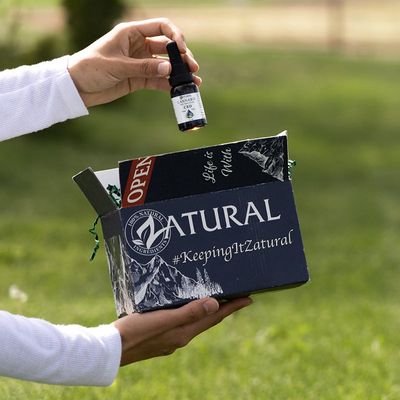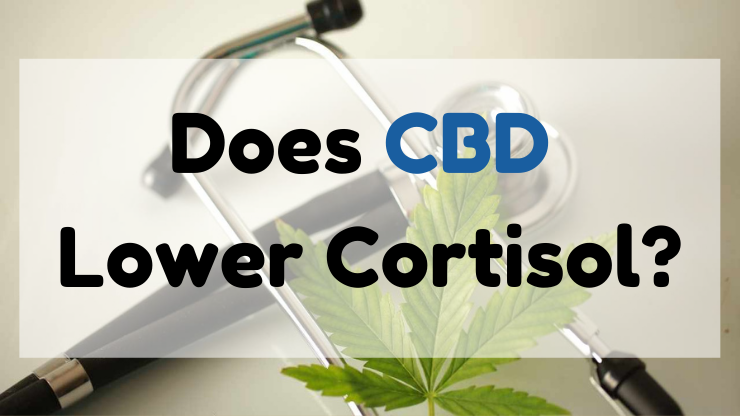

Does CBD Lower Cortisol? – All You Need to Know
Stress – We all experience it in our daily lives.
I am sure we would all consider a bad type of stress as having a rotten boss or busy-body co-worker at your job.
Good stress could be learning a new hobby or a challenging but rewarding course of study at school.
And family, well, as you probably know, that could go in many different directions.
Good Stress vs. Bad Stress
Stress often has a negative connotation, however, there is both good and bad stress.
Good stress is the motivation to get out of bed in the morning so that you will go to work to put food on the table, attend classes to achieve your educational goals, and clean your house because everyone is coming over tonight to watch the game.
Good stress makes you do the activities that make you a responsible adult.
Bad stress… not so much.
Bad stress occurs when the source of the stress does not end or is much greater than what you would normally experience.
Typically, situations of good stress conclude.
But, working for Darth Vader for the eleventh straight year starts to get to you.
The weekend is not long enough to recover from the prior week, and you begin to dread Mondays regularly.
So, what happens if the pressure doesn’t go away?
Stress has many effects on your health due to the hormone cortisol.
This hormone is released into your body by the adrenal glands in response to whatever stressor you are experiencing.
Cortisol is thought to be the possible cause of various negative health conditions when it is present in the body at stress levels above your norm.
Some research suggests CBD (Cannabidiol) may be used to reduce the amount of cortisol in your body, therefore reducing your risk of health issues.
What is CBD?

Originating from the Cannabis sativa plant, CBD is one of 113 types of cannabinoids found in cannabis plants.
Our bodies are hard-wired to use cannabinoids via our brain’s intricate endocannabinoid system (ECS), where our cells have specific receptors (think lock-and-key model) designed to fit and make use of CBD molecules.
You won’t get “high” with CBD.
All the psychoactive effects of marijuana are from tetrahydrocannabinol (THC).
The THC level in CBD is virtually unmeasurable, and therefore, legal at the federal level.
What are the benefits of CBD?
The benefits of CBD are numerous and supported by science.
A few notable benefits include:
Pain management
Chronic pain sufferers reportedly notice decreased inflammation leading to less pain.
Cancer therapeutic
By helping alleviate nausea, vomiting, and pain, CBD has developed quite the reputation in the oncology world for chemo-induced illnesses.
In addition, some studies suggest that CBD initiates the death of cancer cells and stops the spread of aggressive cancers.
Remarkable is an understatement when it comes to CBD’s use in treating cancer.
Reduces anxiety and depression
Many of the leading prescription treatments for anxiety and depression have terrible side effects like drowsiness, fatigue, sexual dysfunction, and suicidal ideations.
CBD has natural antidepressant properties without the nasty side effects, making it a much healthier option for people who struggle with taking those medications.
Neurological protection
The brain’s endocannabinoid system provides an environment for CBD to reduce seizure activity in epilepsy, slow cognitive decline with Alzheimer’s disease, and delay progressive nerve damage in Parkinson’s disease and multiple sclerosis.
When CBD gets into the brain, it works as a protective antioxidant to promote brain health.
Heart health
CBD helps our body regulate the dietary salt we’ve taken in by influencing its relationship with water leading to lower blood pressure.
Plus, it also helps to lower blood pressure by decreasing stress and anxiety.
What is cortisol?
Cortisol is a hormone produced by our adrenal glands located on top of our kidneys.
It’s responsible for the regulation of a wide range of vital processes throughout the body, including but not limited to:
- Metabolism
- Immune response
- Increasing stress response and restoring balance after stress
- Controls sleep/wake cycle
Our cortisol levels fluctuate throughout the day.
As the body’s primary “stress hormone, ” it influences mood, fear, and motivation.
What happens when we have too little cortisol?
We usually feel lousy when our cortisol levels are imbalanced.
Low blood cortisol levels contribute to what’s known as adrenal insufficiency.
If left untreated, it can lead to developing a condition called Addison’s disease.
If Addison’s disease remains untreated, it can turn deadly.
Symptoms include:
- Weight loss
- Mood disturbances
- Skin hyperpigmentation
- Fatigue
- Body hair loss
- Low-blood pressure
What happens when we have too much cortisol?
Chronic stress forces our body into fight-or-flight mode, causing cortisol levels to spike.
According to the medical community, the constant stress of a greater than normal degree may lead to health problems.
Not everyone will experience the same symptoms, and they will appear with varying severity.
Sometimes, there will be no symptoms.
Our fast-paced, stressed-out way of life means most of us are likely in this category, battling a cortisol imbalance that teeters on the “excess” end of the spectrum.
Symptoms of high cortisol levels include:
- Mental illness, anxiety and depression
- Suppression of the immune system
- Weight gain and obesity
- Unhealthy weight loss
- High blood pressure and an increased risk of stroke
- Reduced quality of sleep and insomnia
- Memory loss and the inability to concentrate
- Loss of energy and feeling lethargic
- Heart disease
- Diabetes

In short, yes, it does!
And if you’re still sleeping on the benefits of cannabidiol (CBD), consider this your wake-up call!
It isn’t the fad that skeptics may have warned you about.
Regrettably, I was one of them.
But, as many things go in life, we live, learn, and adapt when presented with valuable, new information.
How does CBD lower cortisol levels?
Most people already know the importance of controlling the amount of stress in their lives.
They have coping mechanisms in place to accomplish this, including exercise, meditation, social interactions, or a hobby.
But, there are times when these strategies are not available or are not enough to alleviate the stress and the subsequently elevated levels of cortisol within their body.
When you are feeling super stressed and just can’t calm down, what options do you have?
The 1993 study published by the National Institute of Health found that the production of cortisol is profoundly lower in the presence of CBD.
In recent years, there is much anecdotal evidence on CBD and how it relieves some of the health issues related to stress, such as sleep and appetite.
When CBD alleviates issues related to stress, the stress is relieved.
A search of the internet will produce many articles on the relief provided by CBD for anxiety and depression, sleep problems, and the reduction of blood pressure, among many.
By first lowering anxiety and stress, CBD naturally eliminates the body’s need for excess cortisol, thus leading to a sense of calm and an overall increase in health and wellbeing.
The CBD-induced effects on lowering cortisol levels have also been reported to promote:
- Balancing our circadian rhythm for improved sleep
- Managing menopause symptoms
- Maintaining muscle mass
Simply put, this means that CBD lowers cortisol levels, thus working to rid our bodies of the adverse effects associated with high cortisol levels.
Combined with the relaxing effect of CBD, I’d certainly say this qualifies as a win-win.
Who should avoid using CBD?

As the old saying goes, “everything ain’t for everybody.”
Despite having little to no side effects, CBD can interfere with medications and should be used with caution if you’re taking prescriptions.
CBD regulates our metabolism and various prescription drugs depend on the body’s metabolic processes to break down medications.
CBD could either speed up or slow down a drug’s intended action, which could be dangerous depending on the situation.
Always consult with your doctor or pharmacist about whether CBD is a safe alternative for you.
CDB and the future
In all reality, there are many things that we don’t know about CBD, and although we have some promising outcomes, the learning will continue for a long time.
There are many components to CBD, and they will all need to be researched and developed.
Today, we have terms such as Delta-8, Delta-9, terpenes, and “entourage effect.”
Final Thoughts
So, to sum it up nicely with a bow, cortisol plays a chief role in driving our body’s natural processes.
Even if it is slightly out of balance, we can experience disturbances ranging from emotional to physical.
If ignored, the effects could be devastating.
To overlook CBD’s ability to lower cortisol would undoubtedly be to our detriment.
If you’re healthy and not currently taking any medications, definitely look for a high-quality CBD product and start your health restoration process.
We need all hands on deck to keep our bodies resilient in this COVID-era.
A CBD supplement can be the simple addition to your health routine that makes all the difference in your ability to fight off unwanted illnesses.
NEXT CBD Intensive Deep Relief Cream
Legal and Medical Disclaimer
Information provided on the site is for educational purposes only, and does not substitute for professional medical advice.
You MUST consult a medical professional or healthcare provider if seeking medical advice, diagnoses, or treatment.
Additionally, you must consult your local and federal laws regarding the legality of buying CBD and THC products.
We do not provide any legal advise.
Wellness Marketplace


